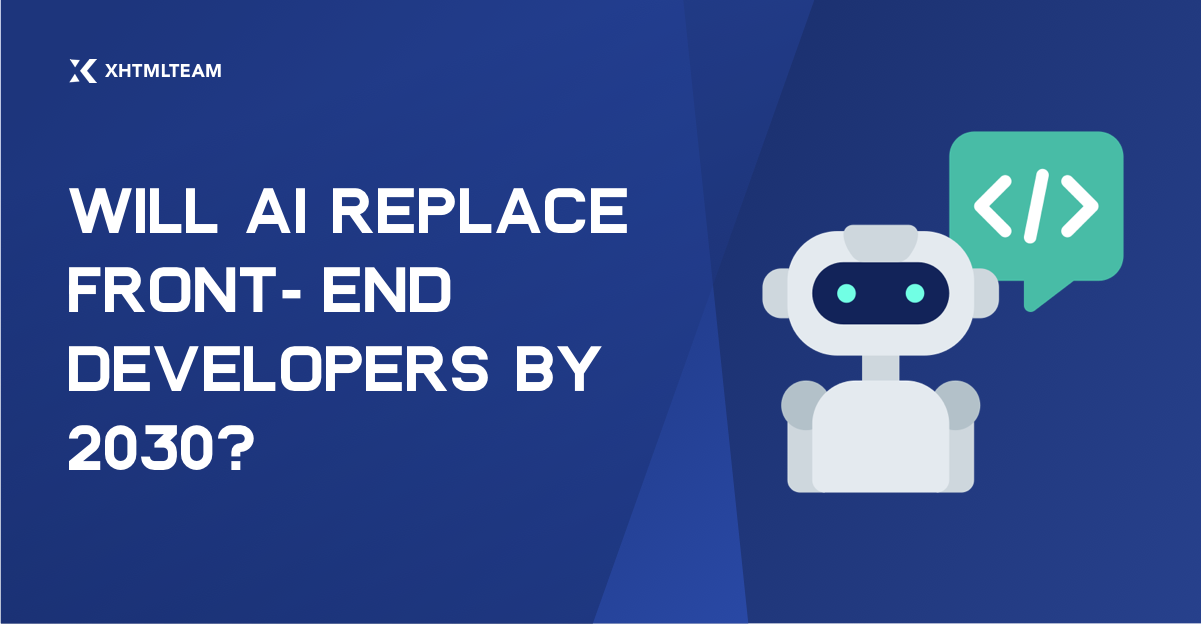The rise of artificial intelligence has brought a wave of excitement and anxiety across industries, and web development is no exception. With tools that can now generate code, design layouts, and even test websites automatically, many developers wonder: will AI replace front-end developers by 2030?
The answer is more nuanced than a simple yes or no. AI is transforming workflows, but it’s not eliminating the need for human creativity, problem-solving, and collaboration. Instead, it’s reshaping what front-end development looks like.
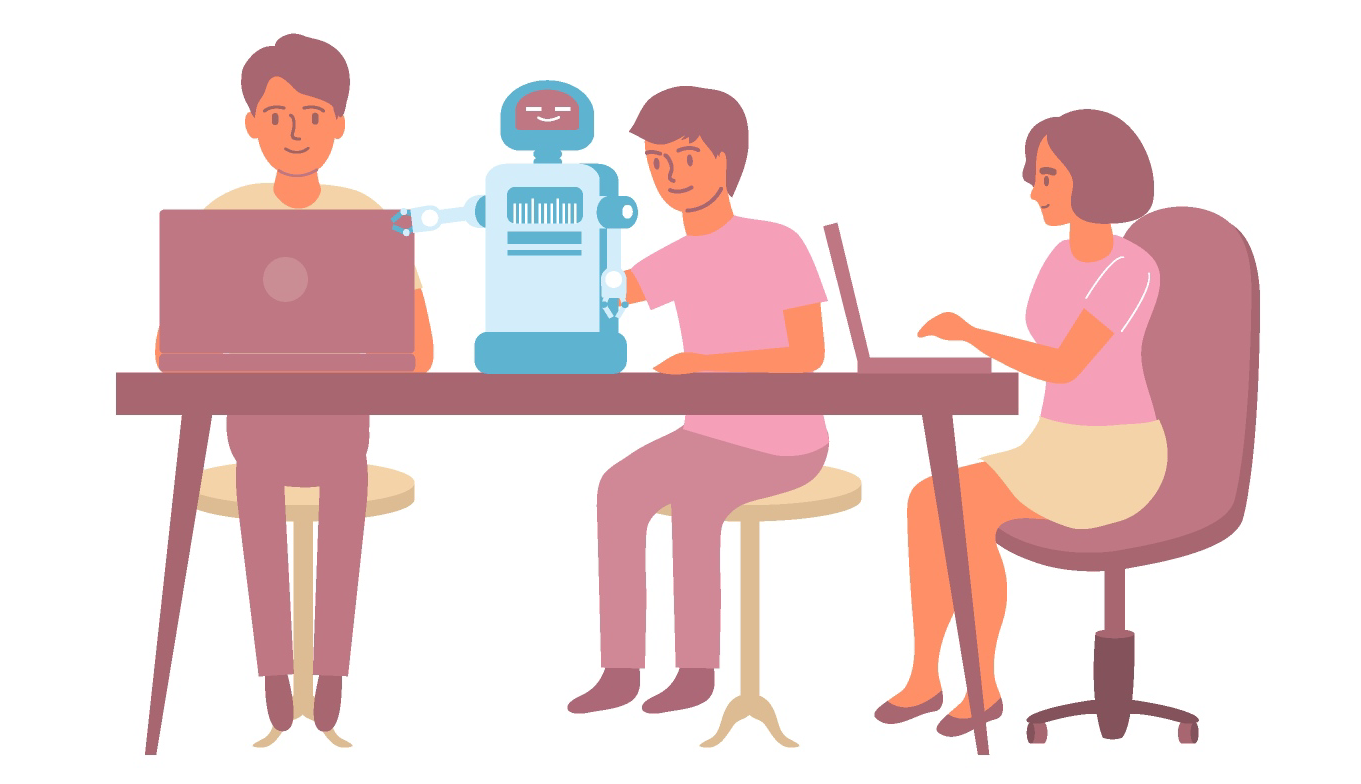
In this article, we’ll explore how AI is currently used in web development, where it may go by 2030, and why developers who adapt will continue to thrive.
The Current Role of AI in Front-End Development
Artificial intelligence has already begun to influence the daily tasks of front-end developers. While it hasn’t taken over their roles, it’s becoming a powerful assistant.
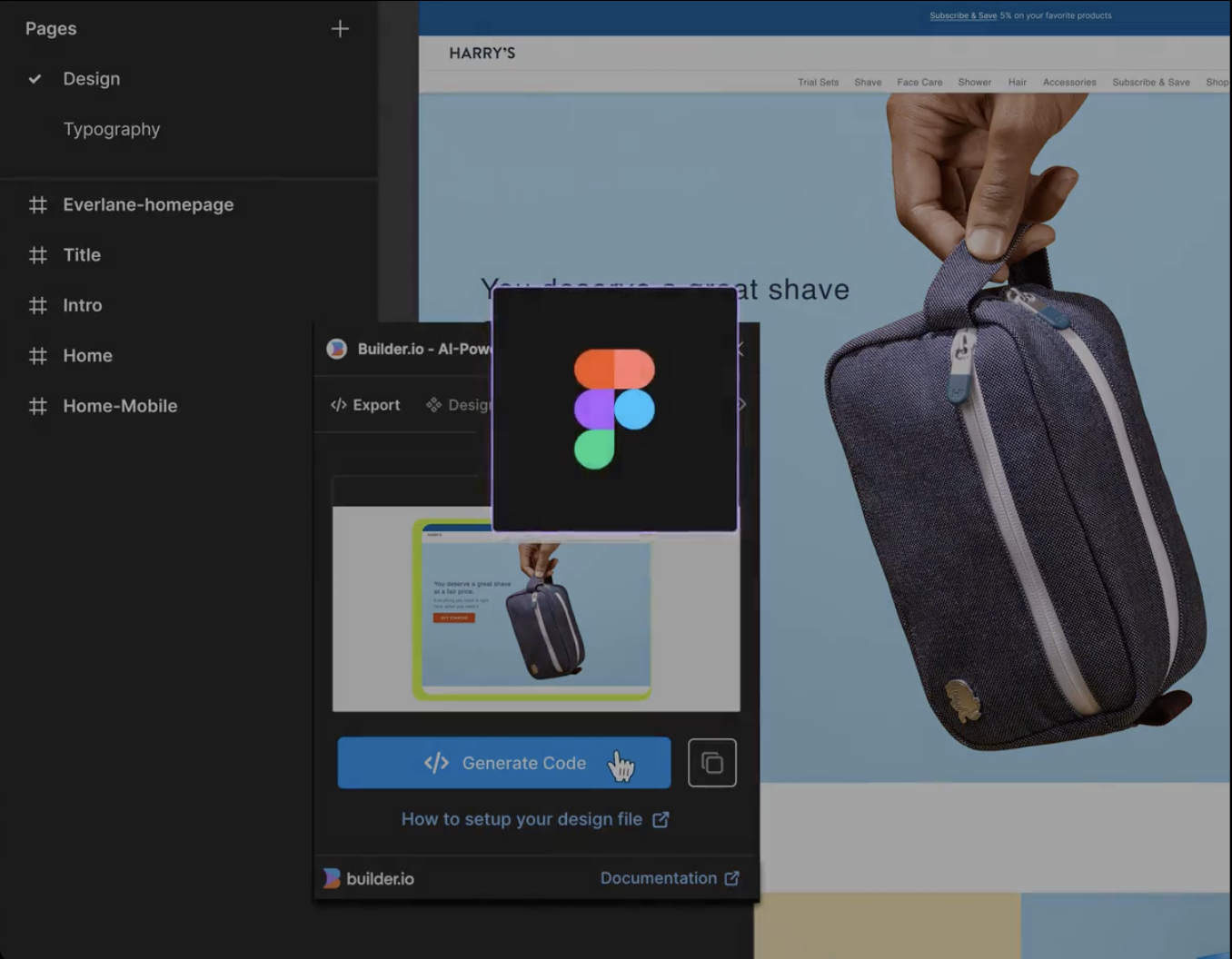
1. Automated Code Generation
AI-powered tools like GitHub Copilot or ChatGPT can generate boilerplate code, suggest improvements, and help developers work faster. Instead of writing repetitive components from scratch, developers can now offload these tasks to AI and focus on customization.
Related Articles:
AI-Generated Code: Will It Replace Developers?
AI in Frontend Development: How It’s Changing Web Design
Top 10 Free AI Tools for Web Design in 2025
2. Design-to-Code Conversion
Platforms such as Framer and Figma-to-code plugins allow AI to automatically convert static designs into functional HTML/CSS or React components. This reduces manual effort and accelerates the handoff from designers to developers.
3. AI in Testing and Debugging
AI-driven testing tools can scan websites for performance issues, accessibility errors, and even predict where users might drop off. Developers can use these insights to create smoother user experiences.
4. Content Personalization
E-commerce and media platforms are using AI to personalize content and recommend products. Developers implement these algorithms, making websites more engaging and profitable.
Why AI Won’t Fully Replace Front-End Developers
While AI can automate parts of the workflow, it lacks certain qualities that only humans bring to the table.
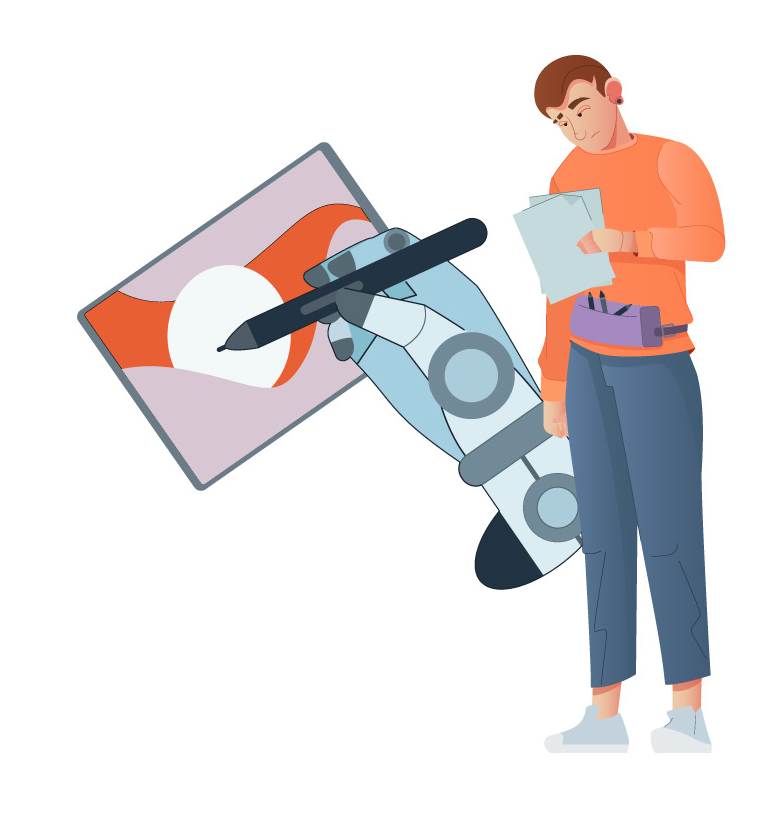
Human Creativity in UX/UI
A visually beautiful website isn’t just about clean code. It’s about telling a story, guiding users, and evoking emotions—something AI cannot replicate on its own.
Problem-Solving Beyond Algorithms
Real-world websites don’t follow perfect patterns. Clients often need custom workflows, integrations, and unique branding. AI may help with templates, but developers are the ones who solve complex, unpredictable problems.
Collaboration and Communication
Web development isn’t done in isolation. Developers must communicate with clients, align with branding teams, and ensure the final product matches business goals. AI can’t attend a strategy meeting or adapt based on a client’s feedback nuance.
Accessibility and Ethics
AI tools don’t always account for WCAG guidelines, cultural sensitivities, or inclusive design practices. Human oversight ensures websites are usable by people with disabilities and align with ethical standards.
The Future of AI in Web Development by 2030
Looking ahead, AI will become smarter, faster, and more integrated into web development workflows. But rather than replacing developers, it will empower them.

- Smarter Coding Assistants: AI tools will not only suggest code but also predict patterns based on developer style.
- Seamless Design-to-Code Workflows: Expect tools that turn Figma or Canva designs into production-ready code with minimal adjustments.
- Hyper-Personalized User Experiences: Websites may adapt in real time, showing unique layouts, fonts, or colors for each user.
- Multi-Device Adaptability: With AR/VR headsets and wearables becoming mainstream, AI will optimize websites for entirely new platforms.
- AI as a Mentor: Instead of replacing juniors, AI may serve as a training tool, guiding them through best practices and coding standards.
Skills Developers Need to Stay Relevant
Developers who embrace AI will thrive. Here are the skills that will matter most by 2030:
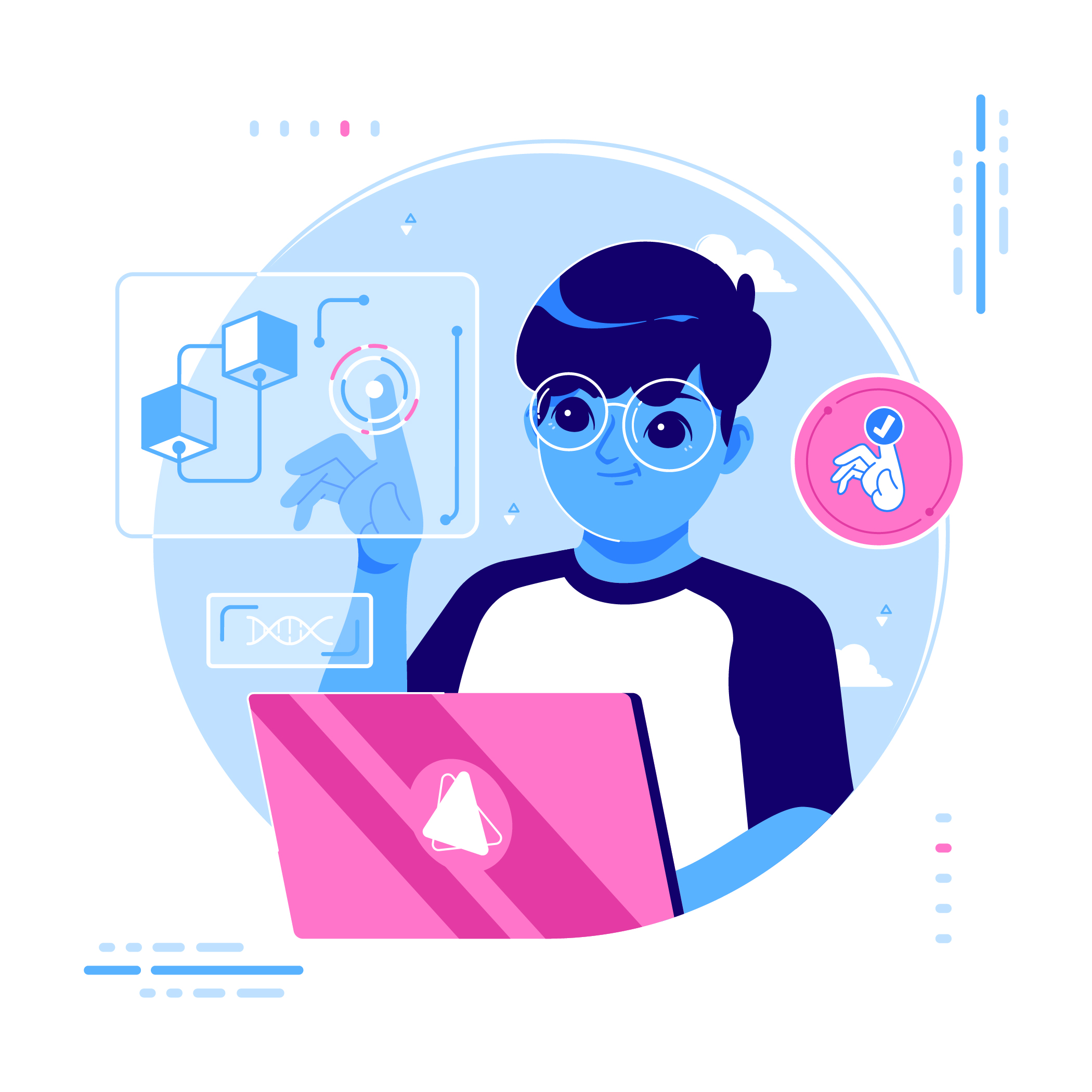
- UX/UI Design Expertise: Human-centered design skills will always be valuable.
- Creative Problem-Solving: Handling unique, real-world challenges keeps developers irreplaceable.
- Accessibility Knowledge: Building inclusive websites sets professionals apart.
- Soft Skills: Communication, collaboration, and leadership go beyond technical know-how.
- AI Integration & Optimization: Knowing how to leverage AI outputs, not compete with them, ensures long-term success.
Real-World Examples of AI + Human Collaboration
- Wix ADI: Automates website creation, but developers are still needed for customization and scaling.
- GitHub Copilot: Assists in writing code, but requires developer validation and creativity.
- E-commerce AI: Platforms like Amazon use AI for personalization, but developers integrate and optimize these systems.
Will AI Replace Entry-Level Developers?
Entry-level developers face the biggest shift. AI can handle repetitive tasks such as writing basic HTML/CSS layouts or suggesting common React components.
However, junior developers who learn how to use AI as a tool rather than fear it can build skills faster. Instead of spending hours debugging, they can rely on AI suggestions and focus on creative, higher-level work.
Conclusion: A Future of Collaboration, Not Replacement

By 2030, AI will not replace front-end developers—it will reshape their role. Developers who adapt, learn to integrate AI tools, and focus on creativity, accessibility, and collaboration will not only survive but thrive.
The future isn’t about AI vs developers. It’s about AI with developers. Together, they’ll build faster, smarter, and more user-friendly websites that shape the digital world of tomorrow.
FAQs: Will AI Replace Front-End Developers?
1. Will AI completely replace front-end developers by 2030?
No, AI will not fully replace front-end developers by 2030. While AI can automate repetitive coding tasks, testing, and design-to-code conversions, it cannot replace human creativity, problem-solving, or collaboration with clients. Developers who adapt to AI will remain in high demand.
2. How is AI currently being used in front-end development?
AI is being used in code generation, design-to-code conversion, automated testing, and content personalization. Tools like GitHub Copilot, Framer AI, and Figma-to-code plugins help developers save time, reduce errors, and focus on customization and user experience.
3. Will entry-level front-end developer jobs disappear because of AI?
Entry-level jobs may change but will not vanish. AI can handle simple coding tasks, but junior developers will still be needed to customize, solve unique problems, and learn through real-world projects. AI can even act as a mentor, helping them grow faster in their careers.
4. What skills should front-end developers learn to stay relevant in the AI era?
Front-end developers should focus on UX/UI design, accessibility standards, problem-solving, and communication. Additionally, learning how to integrate and optimize AI tools will be vital. These skills will ensure developers stay ahead in an AI-driven web industry.
5. Can AI design websites without human involvement?
AI website builders like Wix ADI and Bookmark can generate sites automatically, but they lack creativity, brand strategy, and personalization. Human developers ensure the design aligns with business goals, storytelling, accessibility, and long-term scalability—things AI cannot do alone.
6. How will AI impact freelance front-end developers?
Freelance developers may find AI helpful for faster project delivery. Instead of eliminating jobs, AI allows freelancers to take on more projects, increase efficiency, and improve client results. Freelancers who adopt AI tools will have a competitive advantage over those who resist them.
7. Will AI improve the speed of front-end development projects?
Yes, AI will significantly improve project speed by automating repetitive tasks, generating clean code, and detecting bugs early. Developers can complete projects faster, which benefits businesses and clients. However, final refinements and creative adjustments still require human oversight.
8. What are some AI tools front-end developers should know?
Popular AI tools include GitHub Copilot for coding, Framer AI for design-to-code, ChatGPT for debugging and content generation, and AI-powered testing platforms for QA. Learning these tools can boost productivity and make developers more competitive in the job market.
9. Will AI make front-end developers less valuable?
No, AI won’t reduce the value of front-end developers. Instead, it will shift their role from repetitive coding to creative problem-solving and strategy. Developers who can combine AI efficiency with human creativity will become even more valuable to businesses.
10. What does the future of front-end development look like with AI?
By 2030, front-end development will be a blend of human creativity and AI efficiency. Developers will oversee AI-generated code, customize experiences, ensure accessibility, and design for new devices like AR and VR. The profession will evolve, not disappear.

